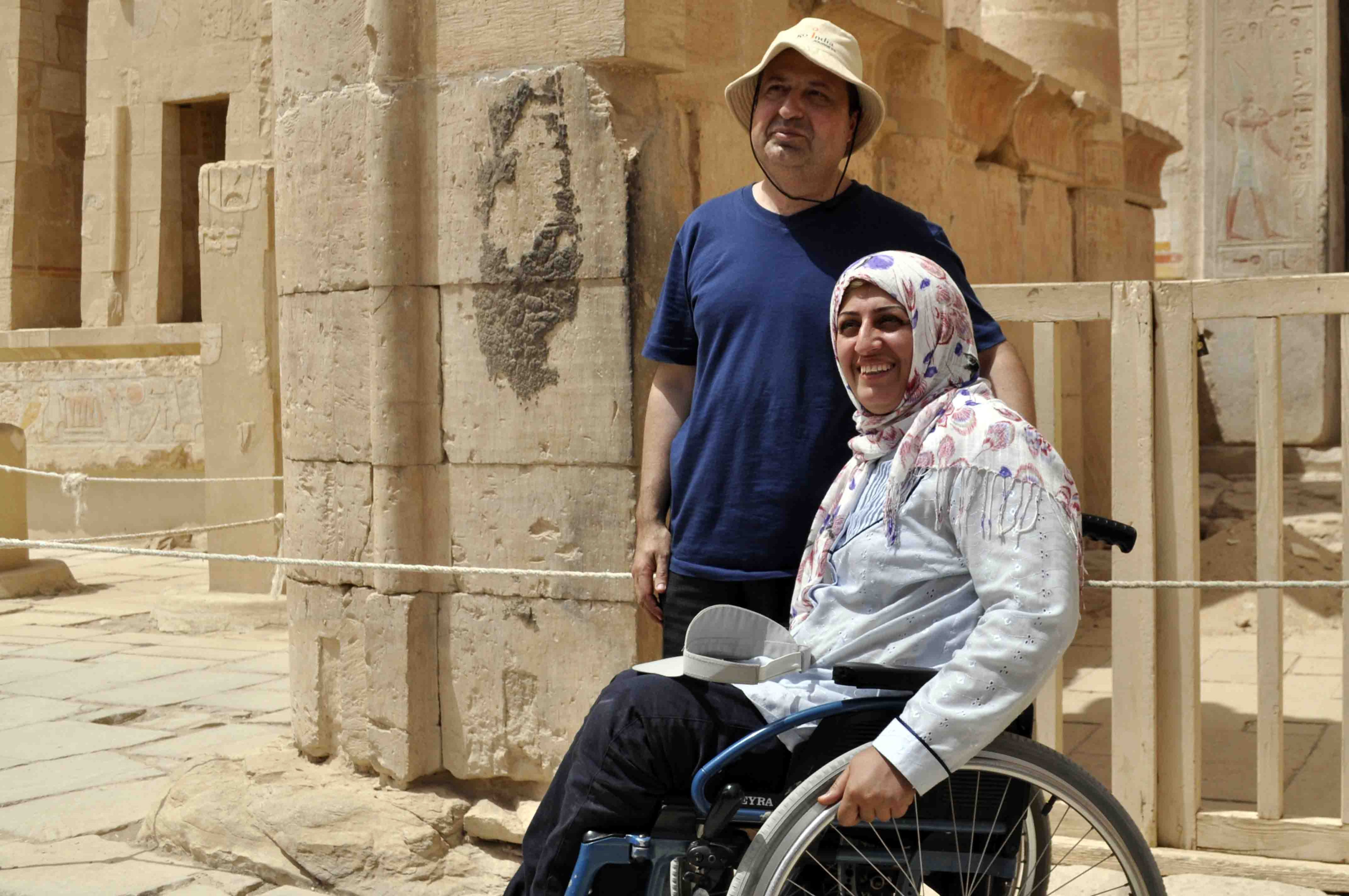
(AFP PHOTO / STR)
Egypt’s Deputy Minister of Foreign Affairs Khaled Omran summoned on Monday the head of the Iranian affairs mission in Cairo Mujtaba Amani to “fully condemn” recent statements made by representatives from Iran regarding the situation in Egypt.
The summoning, conducted as per the orders of Egyptian Foreign Minister Nabil Fahmy, addressed statements made by Iranian Ministry of Foreign Affairs spokeswoman Marziyeh Afkham and Amani himself.
“We reject such statements in form and substance,” Omran said, according to an official statement released by the Egyptian Ministry of Foreign Affairs. “They indicate that either the Iranian side is not aware of the true situation in Egypt or they are purposefully remiss.”
On Saturday, Afkham made statements regarding the violence which erupted between supporters of ousted President Mohamed Morsi and security forces in Egypt on Friday, leaving at least 14 killed. Afkham voiced Tehran’s concern regarding the unrest, calling on all groups to exercise self-restraint, reported Iran’s FARS news agency.
“The Islamic Republic of Iran has with much concern monitored the recent developments in Egypt … and regrets the rise in clashes between [Egypt’s] military-security forces and protesters,” Afkham said. “The Islamic Republic of Iran wants settlement of differences through national dialogue and peaceful means.”
Badr Abdelatty, Egypt’s foreign ministry spokesman, described Afkham’s comments as “an intervention in Egypt’s domestic affairs”.
“They are ignorant to the reality on the ground,” Abdelatty said.
Egypt’s deputy foreign minister stressed the importance of respecting states’ sovereignty and the decisions of their people, pointing out that “Egypt does not intervene in Iran’s domestic affairs”.
The Egyptian foreign minister urged Amani to convey Egypt’s disapproval of Afkham’s comments to Tehran.
Diplomatic relations between Egypt and Iran were severed in 1980 after the 1979 Iranian revolution and after Egypt signed the Camp David Accords with Israel.
During Morsi’s tenure, relations between the two Middle Eastern countries slightly improved. Former Iranian President Mahmoud Ahmadinejad visited Cairo in February of 2013 ahead of the Organisation of Islamic Cooperation’s (OIC) 12th session. The trip marked the first time an Iranian head of state has visited Egypt since the Iranian Revolution.
Egypt and Iran agreed on a tourism exchange agreement in March 2013 that saw the arrival of Iranian tourists to the country in late March for the first time in over 30 years.
On Saturday, Egypt’s Ministry of Foreign Affairs also summoned Qatar’s ambassador following a statement issued by the Gulf nation’s foreign ministry on Friday that strongly criticised the Egyptian government’s ongoing crackdown on Morsi supporters.


